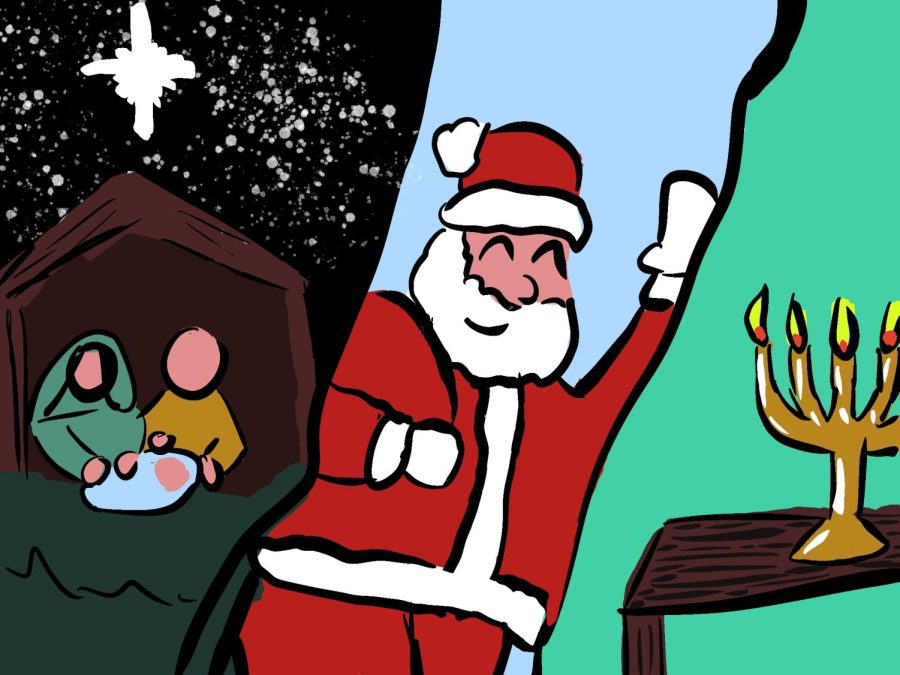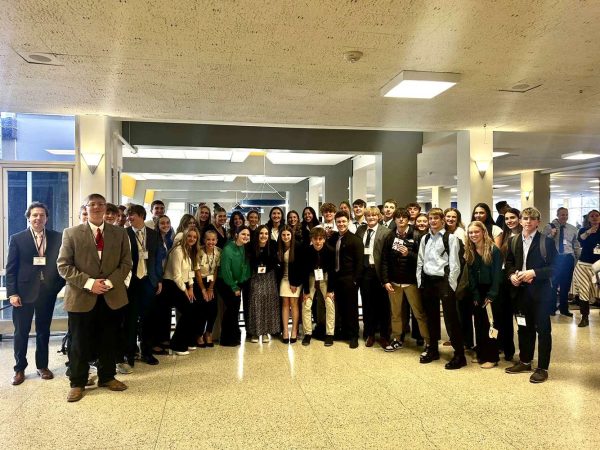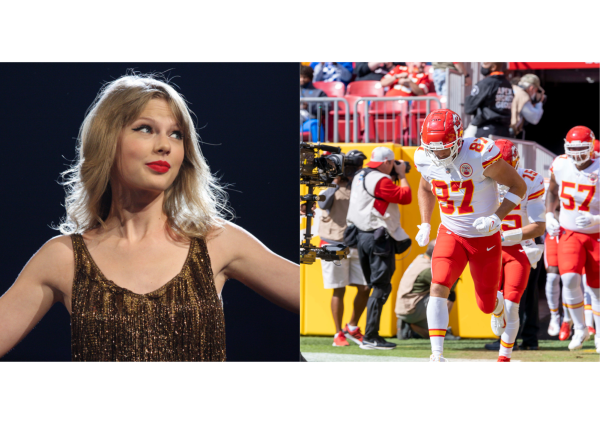The history of Christmas
Santa and presents aren’t the only reason for the season.
Dec. 25 is the most popular Christan holiday all throughout the world, but not a lot of people know about the history leading up to Christmas in the world today. Most people think that celebrating Christmas is just for Santa and the presents, but for Christans it represents the birth of Jesus and a time to hang out with friends and family. Jordan Sidwell (22) said, “My family always goes up to my great grandparents and spends it up there and I haven’t missed a year of doing that.”
The PE teacher, Ali Duncan said, “I really enjoy Christmas movies. My favorites are Christmas Hallmark movies- yep, I’m not afraid to admit that! And, I also love watching Elf, Fred Claus and Santa Claus! We enjoy having family movie night with Christmas movies – we finally get to slow down a bit and relish in the blessings of the season!”
Many Christmas traditions have symbolic meaning behind them. Even though Christmas is fun with presents, they symbolize the tributes made to Jesus by the Three Wise Men after his birth during the story of the Nativity. Also, people put up Christmas lights to show that Christ is the light of the world. People started by putting candles on Christmas trees, but later came to be just lights. There are many traditions throughout the holiday, and all represent something bigger than they seem.
Christmas was established as a national holiday in America on June 26 1870, but the first Christmas that Christans celebrated was Dec. 26 336. The first Christmas started out by just celebrating the birth of Jesus, but as it evolved, new traditions became a huge part of the holiday. Duncansaid, “Christmas means a celebration of the birth of Jesus Christ. Christmas means a celebration of blessings and good fortunes we are grateful to endure. Christmas means a strong family celebration of giving of love and continued kindness.”
Other religions celebrate different holidays around December, such as Hanukkah and Kwanzaa, to honor their traditions. Hanukkah began on Nov. 26 and concluded Dec. 6 and is celebrated to represent the re-dedication of the Second Temple of Jerusalem by the lighting of candles on each day of the festival. Kwanzaa starts Dec. 26 and goes until Jan. 1, celebrating community, family and culture, established as a means to help African Americans reconnect with their African roots and heritage.
Christmas is now celebrated through songs, presents, lights, movies, and getting together with family and friends to represent the birth of Jesus. These traditions are used to enhance the holiday and make it fun for all the people that celebrate it. The birth of Jesus created a popular holiday all throughout the world that is celebrated through many traditions that people have made.













